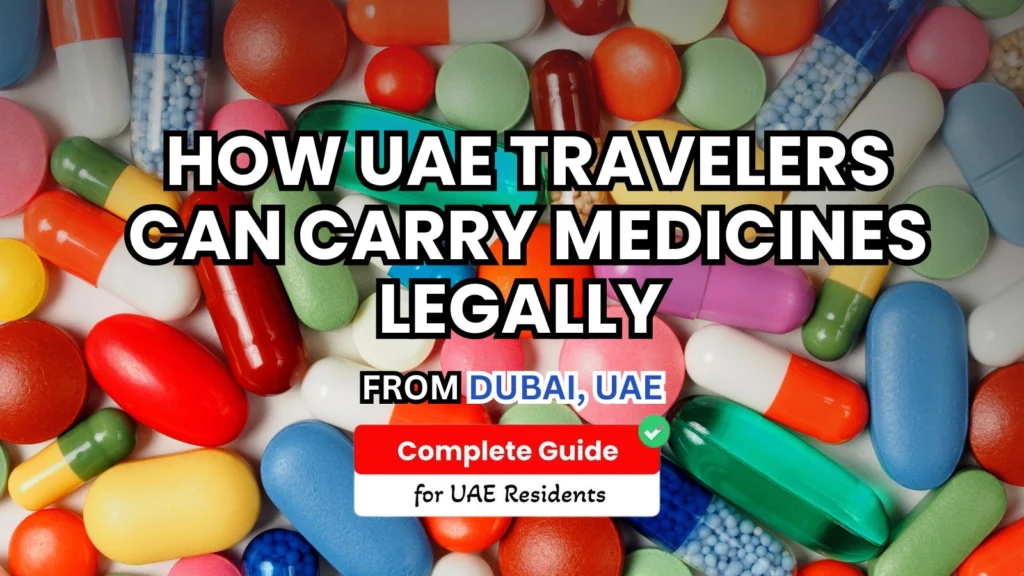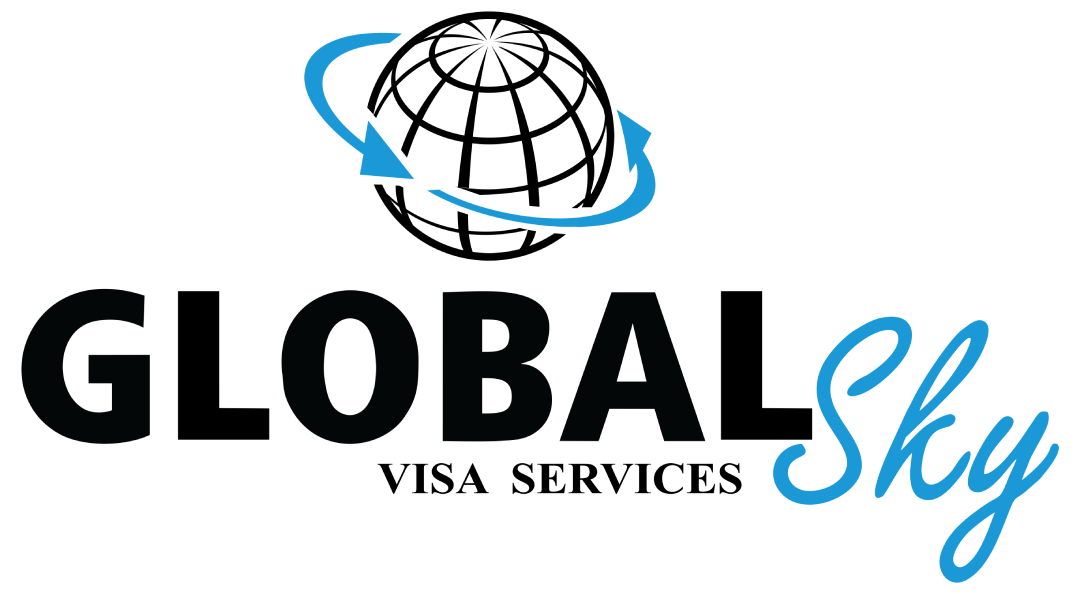
Travel is exciting, but medicine rules can turn a relaxed trip into a stressful one if you don’t prepare. Every country has its own view on what is “okay,” what needs paperwork, and what is not allowed at all. A little planning before you fly keeps your treatment on track and your airport experience calm. Think of it like packing an umbrella before a cloudy day—you may not need it, but you’ll be glad it’s there.
Learn the rules before you book
Start with your destination’s official guidance. Some places are relaxed about common prescriptions; others are strict, especially with painkillers, sleep aids, ADHD meds, and anything that affects mood or the nervous system. Check the embassy or health authority website to confirm if your medicine is legal, if you need a doctor’s letter, or if you must register it online. Do the same if you have a transit stop, because rules can apply even when you’re only passing through the airport.
Get a clear prescription in your name
Carry a fresh prescription on clinic letterhead that shows your full name, the generic and brand names, the dose, and the reason you take it. Keep it in English, and add a translation if your destination prefers another language. A clean, readable prescription turns a difficult chat into a quick nod at the desk. If your dosage changed recently, ask your doctor to mention that too, so the numbers line up with your pill count.
Know when you need approval
Some medicines are “controlled” or “semi-controlled” in the UAE and in many other countries. If your treatment falls in that group, apply for official approval before you travel. You’ll usually need your Emirates ID, passport copy, your prescription, and a brief medical report. Approvals sound formal, but they’re there to help you carry what you need without problems. Do this early so you’re not refreshing a website the night before your flight.
Keep the original packaging
Customs officers trust boxes and labels more than loose tablets in a plastic bag. Bring medicines in their original packages with the pharmacy label intact. If you use a weekly pill organizer for convenience, carry it as a backup, not a replacement. Original packaging also protects storage instructions, batch numbers, and expiry dates—small details that answer big questions quickly.
Pack the right amount
Most countries allow a personal supply for the trip, usually one to three months. Bring what you need, plus a small cushion in case of delays, but avoid carrying a year’s worth “just in case.” Extra quantities can look like you plan to sell or share. If you truly need more because of a long stay, carry proof of your schedule and be ready to explain it in one calm sentence.
Keep medicine with you, not in the hold
Checked bags go missing, get delayed, or sit in extreme temperatures. Keep your medicine in your cabin bag so it stays safe, accessible, and within the right temperature range. If something must be kept cool, use a small insulated pouch with a gel pack and keep it separate at security so you can show it easily. Cabin crew are used to this—polite heads-up, smooth process.
Bring simple, strong paperwork
Alongside your prescription, carry copies of any approvals, clinic letters, and test summaries that explain your condition in plain language. Save digital copies in your phone and in the cloud so you can retrieve them even if paper gets lost. Keep emergency contacts for your doctor and your insurer in the same place. When documents live together, your airport conversation is short and sweet.
Understand liquids and sharp items
Airport security still follows liquid limits for carry-on bags. If you carry liquid medicine, expect extra screening and keep it in its original bottle. If you need syringes, lancets, or a pen injector, carry a doctor’s note and keep the items together with the medicine they’re used for. Present them confidently when asked; clear purpose makes the check faster.
Watch for name and formula changes
The same brand can have different strengths or ingredients in different countries. When in doubt, use the generic name to avoid mix-ups at a foreign pharmacy. If you need a top-up abroad, match the active ingredient and the dose, not just the logo. Also remember that “over-the-counter” at home doesn’t always mean “allowed everywhere.” Check first, buy later.
Plan your dosing across time zones
Long flights and time changes can scramble routines. Before you travel, write a simple plan for when to take each dose on travel day and the first two days after arrival. Set phone reminders so you’re not doing math while half asleep. For medicines tied to meals or sleep, move your times gradually to the new zone so your body and your schedule stay friends.
Talk to your airline when needed
If you carry medical devices, cooling packs, or larger quantities, tell the airline after you book. They can guide you on security checks, battery rules for devices, and where to store items in the cabin. Advance notice stops last-minute confusion at the gate, which is the worst time for a surprise.
Keep a backup plan
Sometimes luggage is delayed or a box gets damaged. Note two reputable pharmacies near your hotel and save their opening hours. Carry a short list of your medicines, their generic names, and doses. If you need an emergency refill, you’ll speak the same language as the pharmacist, even if you don’t share a language.
Know when to declare
If your medicine is controlled, if you carry a larger supply, or if a form told you to declare on arrival, use the red channel and present your papers with a smile. Declarations are not a setback; they’re a shortcut to “all good, welcome in.” If you are within normal rules and amounts, the green channel is fine. Honesty is always faster than guessing.
Final thought
Carrying medicine across borders is simple when you treat it like part of your itinerary, not an afterthought. Check the rules early, bring a clear prescription, keep original packaging, pack only what you need, and store everything in your cabin bag with copies of your documents. Add a small plan for time zones, cooling, and refills, and you’ll step through customs with calm answers and zero drama—free to focus on the trip you planned, not the pills you packed.
